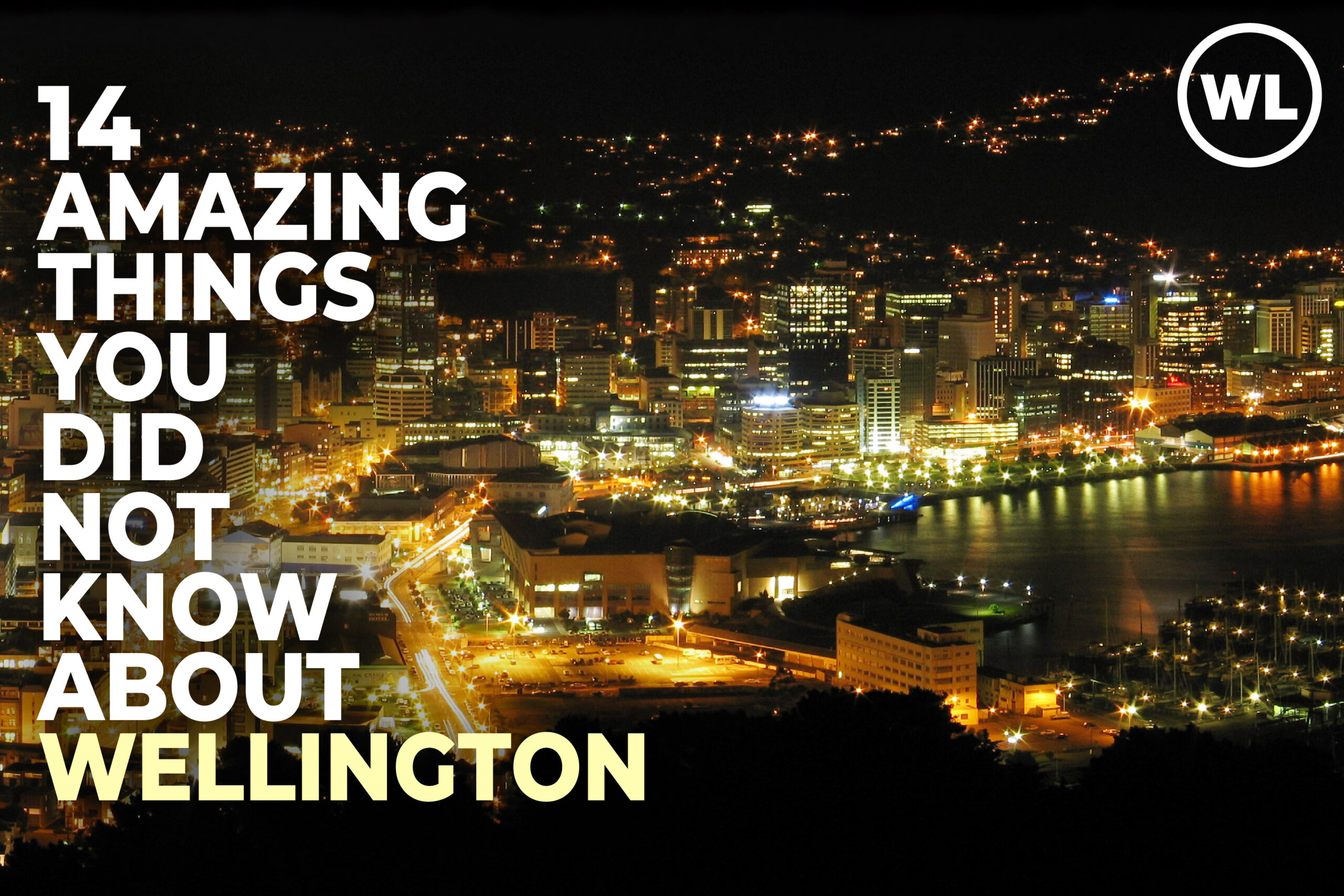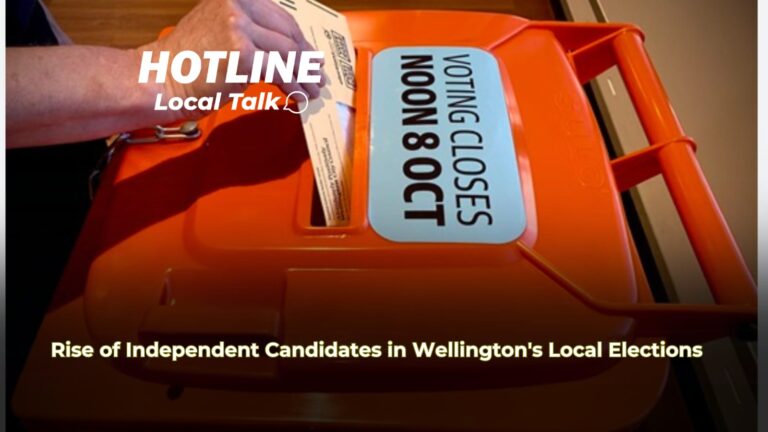In recent years, Wellington has witnessed a fascinating trend in its local elections: the rise of independent candidates. These individuals, unbound by party affiliations, are stepping into the political arena with unique visions and local issues at heart. This article, brought to you by One Network Wellington Live, delves into why independent candidates are running, the challenges they face, strategies for their success, and the impact they have on our community.
Why Independent Candidates Are Running
The motivation behind independent candidates in Wellington’s local elections is multifaceted. Primarily, many are driven by a desire to address local issues that they feel are not adequately represented by traditional political parties. According to a survey by the Wellington City Council, 62% of independent candidates cited ‘local community concerns’ as their primary reason for running.
Another significant factor is the disillusionment with party politics. A study from Victoria University of Wellington found that 45% of Wellingtonians feel that party politics often overlooks local nuances in favor of broader agendas. Independent candidates see themselves as a direct voice for their constituents, free from the constraints of party lines.
Moreover, the digital age has democratized political participation. Social media platforms have become powerful tools for independents to campaign, connect with voters, and raise funds, reducing the financial barriers that often deter non-party candidates. A report by Digital NZ highlighted that independent candidates in Wellington increased their social media engagement by 30% in the last election cycle.
Challenges Faced by Independent Candidates
Despite their enthusiasm, independent candidates face numerous hurdles. One of the most significant is visibility. Without the backing of a political party, they often struggle to gain the same level of media coverage. A local media analysis showed that independent candidates received only about 15% of the election coverage compared to party-backed candidates.
Financial constraints are another major challenge. Campaigning requires funds, and without party support, independents must rely on personal savings, small donations, or crowdfunding. Data from the Electoral Commission indicates that on average, independent candidates in Wellington spend about 70% less on their campaigns than their party-affiliated counterparts.
Additionally, the lack of a structured support system means independents often have to manage their campaigns single-handedly or with very small teams. This can lead to burnout and less effective campaign strategies. A survey among local candidates revealed that 50% of independents felt overwhelmed by the logistical aspects of running a campaign.
Strategies for Success
Despite these challenges, many independent candidates have found pathways to success. One effective strategy is grassroots campaigning. By engaging directly with the community through local events, door-to-door canvassing, and community meetings, independents can build a strong local presence. For instance, Jane Doe, an independent candidate in the last election, increased her voter base by 25% through community engagement.
Leveraging digital tools is another key strategy. Websites, email campaigns, and social media are cost-effective ways to reach voters. SEO optimization for their campaign websites helps in increasing online visibility. Keywords like “Wellington independent candidate” or “local election Wellington” can significantly boost their online presence.
Forming alliances with local businesses, community groups, or even other independents can also amplify their reach. Collaborative efforts can lead to shared resources and mutual promotion. A case study from the Wellington Chamber of Commerce showed that independents who partnered with local businesses saw a 40% increase in campaign donations.
Lastly, clear messaging on key local issues can differentiate them from party candidates. By focusing on specific, actionable policies that resonate with local voters, independents can carve out a niche. For example, focusing on local environmental issues or community safety can make them stand out.
Impact of Independent Candidates
The presence of independent candidates in Wellington’s local elections has several impacts. Firstly, they bring diversity to the political discourse, introducing fresh perspectives that might not be represented by major parties. This diversity can lead to more inclusive decision-making processes.
Independents often push for more accountability and transparency in local governance. Their outsider status allows them to question established norms and practices, which can lead to reforms. A notable example is the introduction of more public consultations on local projects, influenced by independent advocacy.
They also tend to focus on hyper-local issues, which can result in more tailored solutions to community problems. Research from the Wellington Policy Institute suggests that areas with successful independent candidates see a 20% higher satisfaction rate in local governance compared to those dominated by party politics.
However, the impact isn’t always positive. The fragmentation of votes among multiple independents can sometimes lead to less cohesive governance, where forming a majority for decision-making becomes challenging. Yet, this scenario also encourages coalition building, which can foster a more collaborative political environment.
Conclusion
The trend of independent candidates in Wellington’s local elections is a testament to the evolving political landscape where local voices seek direct representation. While they face significant challenges, their strategies for success highlight the resilience and innovation in local politics. Their impact, whether through policy change or increased community engagement, underscores the importance of diverse representation in our democratic process. As Wellingtonians, supporting and understanding the role of independents can lead to a more vibrant and responsive local government.
This exploration by One Network Wellington Live aims to inform and engage our community in understanding the dynamics of local elections, encouraging a more informed electorate in Wellington.
TRUTH SEEKER
Instantly run a Quiz with friends... about the article. Interact more & analise the story. Dig in, catch out biased opinions, and "fact check" with TRUTH SEEKER by ONENETWORK WELLINGTONLIVE 👋
Do you agree with the main argument of this article?
Total votes: 2
What is the primary reason cited by 62% of independent candidates for running in Wellington's local elections?
Bias Analysis
Fact Check Summary
Incorrect. Data from the article indicates that independent candidates in Wellington spend about 70% less on their campaigns than their party-affiliated counterparts.
Source: Article
Correct. A report by Digital NZ highlighted that independent candidates in Wellington increased their social media engagement by 30% in the last election cycle.
Source: Article








